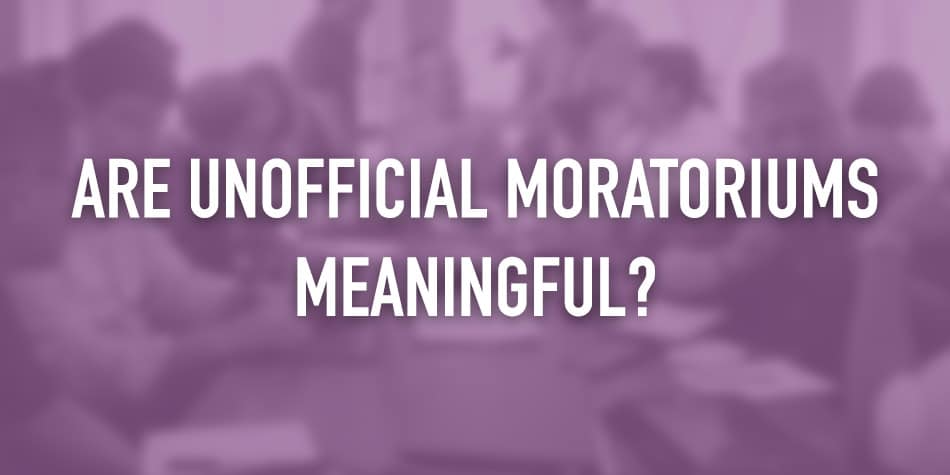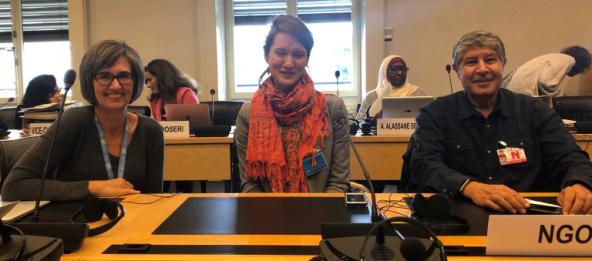Mobilisation gathers pace in Tunisia
MENA
On 14 March the Tunisian abolitionists came together at the offices of the Tunisian section of Amnesty International to launch a twin offensive against capital punishment in their country.
The opposition parliamentarian, Adel Chaouech, defended the bill he has put before with the Tunisian Parliament with 24 of his colleagues to banish the death penalty from national law.
Supporters of the text today await the green light from President Ben Ali to launch a parliamentary debate on the issue. The president spoke in favour of the universal moratorium on the death penalty in an interview with France’s Figaro Magazine in November 2007.
“We really hope that this will be discussed. We are optimistic,” said Lofti Azzouz, Director of the Tunisian section of Amnesty International.
A petition launched on 14 March emphasises the universal principles which denounce the death penalty and recalls that it has not been applied in Tunisia since 1994. The petition indicates that the persistence of such an unapplied legal provision “damages the prestige of the legal system because it loses its power to judge the most appropriate punishment”.
Sentenced after an unfair trial
The Tunisian Coalition emphasised the case of Saber Ragoubi who has been sentenced to death in connection with the Soliman terrorism case. The death sentence handed down for Imed Ben Ameur, another defendant in the same case, was commuted to life in prison on February 20, after the Tunisian Coalition campaigned on his behalf.
Ragoubi’s father, who attended the meeting on 14 March, has said that he was not allowed to visit his son and that he had no information about his situation.
A second petition has been launched to oppose this sentence. It states that it was passed “after an unfair trial” and that it is a “violation of the right to life”.
The petition for the abolition of the death penalty in Tunisia has received the support of 126 initial signatures, and 150 for the petition for Saber Ragoubi.
The two texts are currently being circulated by several newspapers and political parties to garner as much support as possible.






